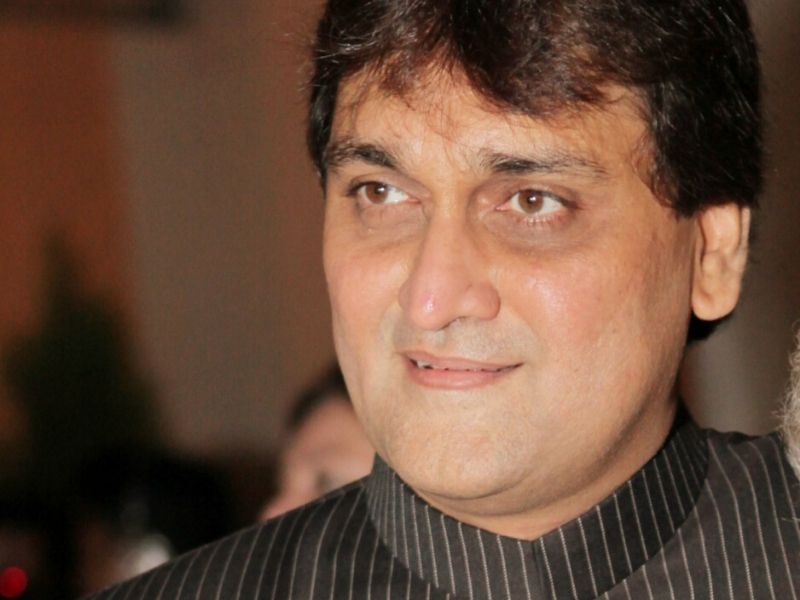50 Leaders who can revive Indian education – M.A. Faiz Khan
 M.A. Faiz Khan
M.A. Faiz Khan
Trustee, Mukarram Jah School, Hyderabad
Businessman and educationist M.A. Faiz Khan is trustee of the H.E.H. The Nizam’s Mukarram Jah Trust for Education and Learning which manages the CISCE-affiliated Mukarram Jah School, Hyderabad (MJS, estb. 1987). Ranked the country’s #2 budget private school in the EW India School Rankings 2019-20, MJS provides highquality low-cost education to 2,619 children mentored by 111 teachers. Khan is also honorary secretary and treasurer of the HPS Society which manages the top-ranked Hyderabad Public Schools in Begumpet, Ramanthapur, Kadapa and Warangal.
The Covid-19 crisis has majorly disrupted the operations of private budget schools. How has Mukarram Jah School responded to this challenge?
The Covid-19 pandemic has not only disrupted school education, but the global economy. When this pandemic reached India, our first step was to spread awareness about this virus within our school community. All our institutions adopted a proactive approach to combat this unprecedented crisis. MJS children mostly live in old Hyderabad which is densely populated. Our response was to immediately shut down the school and focus on equipping our teachers with the digital infrastructure and training to provide online learning to our students. Though a budget school, we left no stone unturned to aggressively train our teachers. These efforts have paid off and we can proudly say that we are the only budget private school which has started successful online classes for the academic year 2020-21. This has been an amazing journey into which our parents community has also been smoothly inducted.
HPS’ Covid-19 response.
The Hyderabad Public Schools in Begumpet, Ramanthapur, Kadapa and Warangal have also responded swiftly to the Covid-19 challenges by introducing online learning with their highly experienced teachers providing online academic learning and emotional mentoring in these testing times.
What are the major challenges confronting Indian K-12 education in the Covid era?
The sudden transition from conventional brick-and-mortar classes to the online medium is a formidable challenge. Unlike the Western world, where technology-based learning has been used for many years, our K-12 education system is traditional and conventional. However the positive outcome of the Covid-19 disruption is increased use of technology in teaching-learning. Even after we recover from the pandemic, integration of technology will remain part and parcel of K-12 education. Though there is no substitute to classroom learning, a balanced blend of conventional and online learning is the way forward.
Several state governments have issued fees waiver/deferment circulars to private school managements. What’s your comment?
I agree that private schools should relax some terms and conditions such as collecting tuition fees monthly instead of quarterly or annually. But BPS and non-profit schools should be protected against bankruptcy and closure which will prove a big setback for children from socio-economically disadvantaged households.
What are your Top 3 proposals for reforming K-12 education in India?
The Covid-19 pandemic has made us aware of the urgent need to reform the Indian education system. My suggestions:
• Government and exam boards should revamp K-12 education syllabuses to promote hands-on and activity-based learning and civic education.
• School managements should switch to blended learning models integrating online and conventional classroom learning pedagogies starting in senior school. High importance should also be given to co-curricular and sports education.
• Schools should not neglect emotional well-being of students and must increase the happiness quotient of all students. Moreover all schools should offer counselling service.
What are your future plans for MJ School?
We want to expand to several parts of the city and also start professional colleges with the objective of providing affordable, high-quality education.
Also read: Leaders who can revive Indian education – Pradip Agarwal
















Add comment